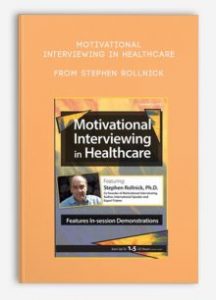 Motivational Interviewing in Healthcare from Stephen Rollnick
Motivational Interviewing in Healthcare from Stephen Rollnick
More information about Medical:
Medicine is the science and practice of establishing the diagnosis, prognosis, treatment, and prevention of disease.
Medicine encompasses a variety of health care practices evolved to maintain and restore health by the prevention and treatment of illness.
Contemporary medicine applies biomedical sciences, biomedical research, genetics, and medical technology to diagnose, treat, and prevent injury and disease,
typically through pharmaceuticals or surgery, but also through therapies as diverse as psychotherapy, external splints and traction, medical devices, biologics, and ionizing radiation, amongst others.
Medicine has been around for thousands of years, during most of which it was an art (an area of skill and knowledge) frequently having connections to the religious and
philosophical beliefs of local culture. For example, a medicine man would apply herbs and say prayers for healing, or an ancient philosopher and physician would apply bloodletting according to the theories of humorism.
In recent centuries, since the advent of modern science, most medicine has become a combination of art and science (both basic and applied, under the umbrella of medical science).
While stitching technique for sutures is an art learned through practice, the knowledge of what happens at the cellular and molecular level in the tissues being stitched arises through science.
Outline:
Why Motivational Interviewing (MI)?
- Why is this approach to behavior change useful in teaching “difficult” patients on lifestyle change?
- What usually happens in brief consultations about lifestyle change and medication use? The “Righting Reflex” and other challenges
- Helping patients to harness their own motivation for change
- The evidence base for MI
What does it look like in practice?
- Getting alongside patients as they make decisions: the “spirit of MI”
- Rapid engagement & a 20% rule
- A new framework for practice: engage, focus, evoke and plan
- Addressing obesity, smoking cessation, alcohol/drug abuse, exercise and uncontrolled diabetes
Getting yourself into gear
- Slowing your pace down
- Adjusting your attitude and style
- The skills involved
Description:
Stephen Rollnick, PhD, Co-founder of Motivational Interviewing, Author, International Speaker and Expert Trainer
Motivational interviewing will revolutionize your approach to patient behavior change. MI is an evidenced based approach that will take the lecturing and negotiating out of the conversation with your patients and provide you with effective strategies that will increase the behavior change your clients need.
Watch this recording and learn an easier approach that will take the frustration out of your conversations regarding medication compliance, diet adherence, post op recommendations, smoking cessation, physical activity, alcohol/drugs, diabetes control, medical adherence follow up and other patient behaviors where you need to improve patient outcomes and quality in an organization, increase success and reduce re-admission.


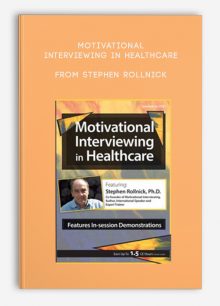

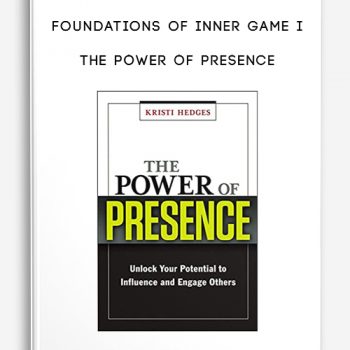
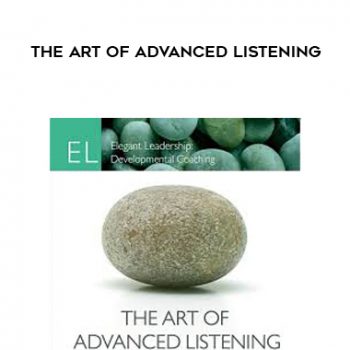

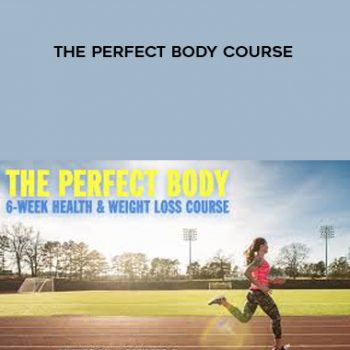
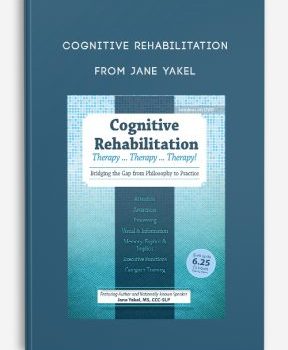



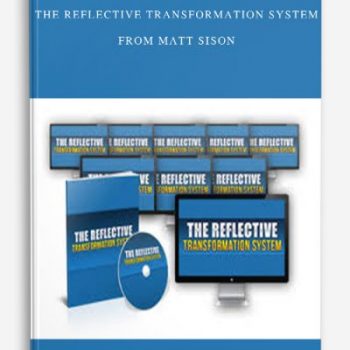
tristian –
This is Digital Download service, the course is available at Coursecui.com and Email download delivery.